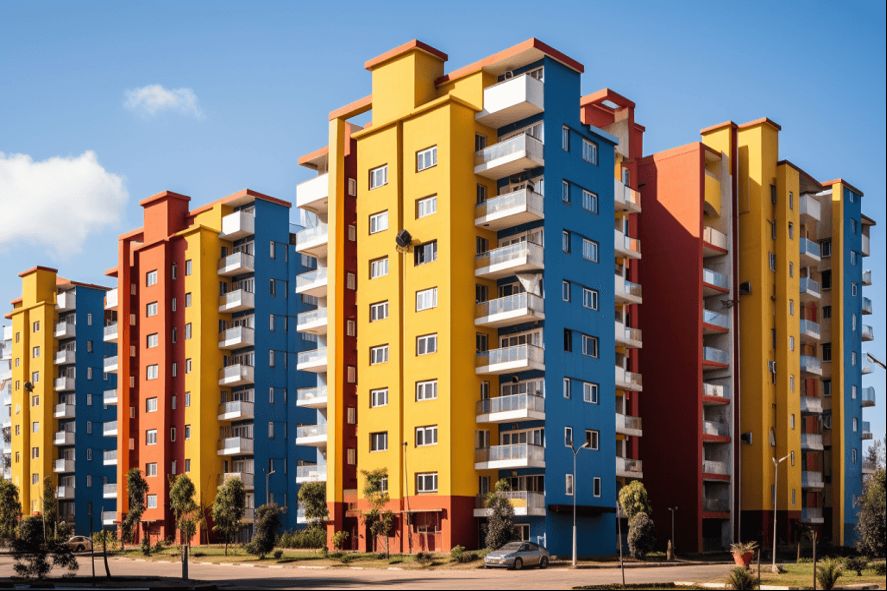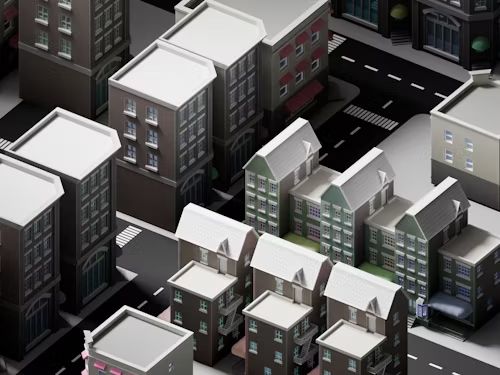If you’ve ever thought about buying property in a bustling urban area, you might want to reconsider especially if you’re looking for a high return on investment (ROI). While cities like Nairobi have their advantages, there are several reasons why purchasing property in an urban center may not be the best decision.
As someone who has lived in an urban area, specifically in Nairobi, here’s why I believe investing in urban property in Kenya may not always be the best route for you.
1. High Cost of Living in Urban Areas

One of the main reasons buying property in an urban area isn't ideal is the high cost of living. Urban centers like Nairobi are expensive places to live, especially when it comes to property ownership. Utilities, water bills, electricity, and even the cost of services like hospitality, education, and transportation are all higher in the city.
These additional costs make it harder to manage expenses, and when you buy property in urban areas, you might face higher maintenance costs down the line.
2. Overcrowding and Limited Space

Another downside to buying property in urban centers is congestion. Cities like Nairobi suffer from overcrowding, which is caused by limited land available for both residential and commercial real estate. This leads to a shortage of vacant land for sale and a lack of privacy.
Moreover, with more people flocking to urban centers for employment, housing demand spikes, which drives up property prices, making it even more challenging to find a profitable investment.
3. Noise and Air Pollution

Urban areas come with their fair share of environmental challenges. Noise pollution and air pollution from factories, vehicles, and construction projects are common in major cities. These factors not only affect the quality of life but also reduce the appeal of urban real estate.
For those looking for peace and quiet, living in a busy city can feel overwhelming, and that could impact the resale value of your property in the future.
4. Stiff Competition and Market Fluctuations

The real estate market in urban centers is also characterized by high competition. Due to the concentration of investors and developers, prices are often inflated. Furthermore, market fluctuations in urban areas can lead to unstable property values.
As more properties flood the market, it becomes harder for an investor to see consistent returns.
5. Government Regulatory Challenges

Urban real estate is also heavily regulated, which can be a barrier for investors. High property taxes, zoning regulations, and housing levies often increase the cost of property ownership and affect profitability.
Government red tape can slow down development projects, making the process of acquiring and building on property more tedious and expensive.
Why Rural Property Investments Are More Profitable
Investing in rural real estate offers numerous advantages over urban property. Rural areas are often more affordable, with large tracts of land available for purchase. The cost of living is lower, and property taxes are typically less burdensome.
Additionally, rural areas provide an opportunity to own larger properties with more privacy and potential for future resale or commercial development.



